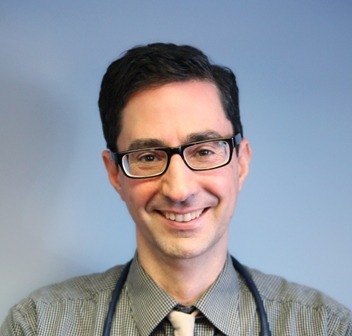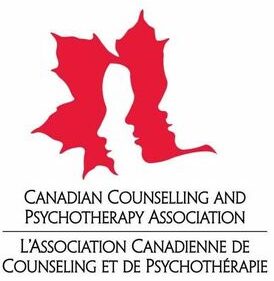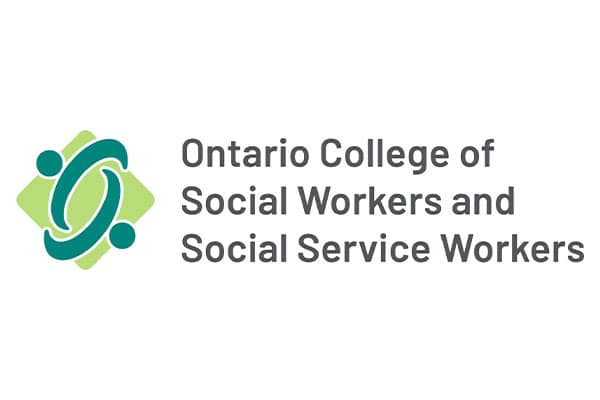The Impact of Stress on the Highly Sensitive Person

Guest Post by Dr. Michael Torreiter, ND
I’m not going out on a limb when I say that North American urban culture is a stressful one. Many of us are working longer hours than 20 years ago with less time for relaxation; and couples are now expected to both hold down a full time job plus spend more time with their kids than past generations. There are more cars on the road, more people on the streets; the internet and social media keeps us overstimulated and lacking down-time. The world is overwhelming and most people are feeling the stress.
Now imagine what it’s like for someone with an extra sensitive nervous system. According to current psychological research, a good 15% of the population process sensory data much more deeply than the average person: the Highly Sensitive Person (or HSP) is a term coined by psychologist Dr. Elaine Aron, but the concept is based on Carl Jung’s observations.
HSPs have a nervous system designed to notice subtleties in a brash and over-stimulating world. Yikes! This leaves many HSPs wishing they’d stayed in bed under the covers instead of attending that office party (aren’t parties supposed to be fun?) or spending their holidays in Algonquin Park instead of going some place that has people. Pushing themselves into keeping up with the average person’s hurried pace can have devastating consequences. if you want to know if you or someone you know might be highly sensitive, take this online quiz on Dr. Aron’s website.
HSP’s have a tendency to be more sensitive to pain, to bright lights and strong smells. They are more affected by other people’s moods, startle more easily and have a need to withdraw during busy days. Demographically, there is no evidence that race or gender makes a difference, and the trait has been observed not just in humans, but in many other animal species as well.
I first started learning about the highly sensitive person, when I read Susan Cain’s book called “Quiet”. Her book explores introversion and she wrote a chapter on HSPs, as there is some crossover (although not all HSPs are introverted and vice versa). As I learned more about it I began to realize just how many of the patients in my naturopathic practice seemed to exhibit traits of high sensitivity, and it began to make sense as to why.
I see a wide range of health concerns, from sore elbows to chronic diseases like diabetes and heart disease, but certainly patients with stress-related illness have always been a big part of my practice, and in my experience, these patients tend to score high on the HSP test.
VULNERABILITIES IN THE HSP
There is a real issue when HSPs try to push themselves to keep up with others. They more easily get overwhelmed, burning out or feeling the stress somewhere in their body. Over time, it can trigger the onset of disease processes such as chronic fatigue or fibromyalgia. HSPs are also more prone to mental health challenges such as depression and anxiety – this is particularly true when HSPs are exposed to traumatic events such as childhood abuse situations.
HSPs have more allergies – indicating more sensitivity to their environment. This includes food allergies or sensitivities, but can also include reactions to chemicals in cleaners and body care products. HSPs tend to be more sensitive to medications, caffeine and alcohol. I see this frequently. When one of my patients indicates that he or she cannot take a certain medication because it’s too strong, or gives them all the side effects I use this as a clue that they might be highly sensitive.
HSPs need to spend more time healing past emotional hurts, criticisms, rejections, betrayals, losses and deaths It doesn’t mean that they can’t get beyond it, but that they need more time to process the hurts. I’ve also noticed that HSPs tend to have more challenges at work and with relationships in finding the right fit. For example they might be more affected by a critical boss, or an offhanded comment by a partner, and engaging in work that is not meaningful can be much harder for an HSP. It’s a challenge to try to find that “sweet spot” between boredom and over-stimulation.
SELF CARE AND TREATMENT OPTIONS FOR THE HSP
Because of the susceptibility to the impact of stress, some basic self care is extremely important for HSPs – regular massage or stress management, exercise, healthy diet, regular sleep, strong social support – all things that are beneficial for everyone, but especially HSPs.
For one, it’s important to give yourself permission to do less. Either socially or work-wise. Skip your partner’s work party. Have a stay-at-home vacation every once in a while. Taking a pay cut and choose a 4-day work week or passing up that promotion may be necessary for some.
On the emotional front, I’ve found that it’s important for many HSPs to work through any issues with self acceptance that have arisen due to being more sensitive – accepting your sensitive traits as gifts instead of liabilities, and healing past hurts. Seeing a counselor who specializes in sensitivity can be critical.
In my own clinic I’ve found that because HSPs have such significant perceptive qualities, they tend to respond well to more subtle medicines such as homeopathy. This can be critical to returning their vital force when they are out of balance. Acupuncture can be very helpful, but can also be overpowering for an HSP. I have some sensitive patients who respond too strongly to acupuncture. I work with nutrition quite frequently with HSPs because they have more food allergies and sensitivities and they tend to become more aware about how food affects them than most.
Knowledge about the highly sensitive person has been helpful for me in providing appropriate treatment options in this vulnerable population. Check out my series of blog posts and find out how HSPs can learn to build up their resilience in the face of stress:
Learn to Thrive as a Highly Sensitive Person (Part 1)
Learn to Thrive as a Highly Sensitive Person (Part 2): Meditation
Learn to Thrive as a Highly Sensitive Person (Part 3): Creativity

Dr. Michael Torreiter, ND is a naturopathic doctor and clinic co-director at Healing Path Centre for Natural Medicine. He obtained his Doctor of Naturopathic Medicine designation at the Canadian College of Naturopathic Medicine in Toronto in 2005 and has been working at Healing Path in uptown Waterloo ever since.






